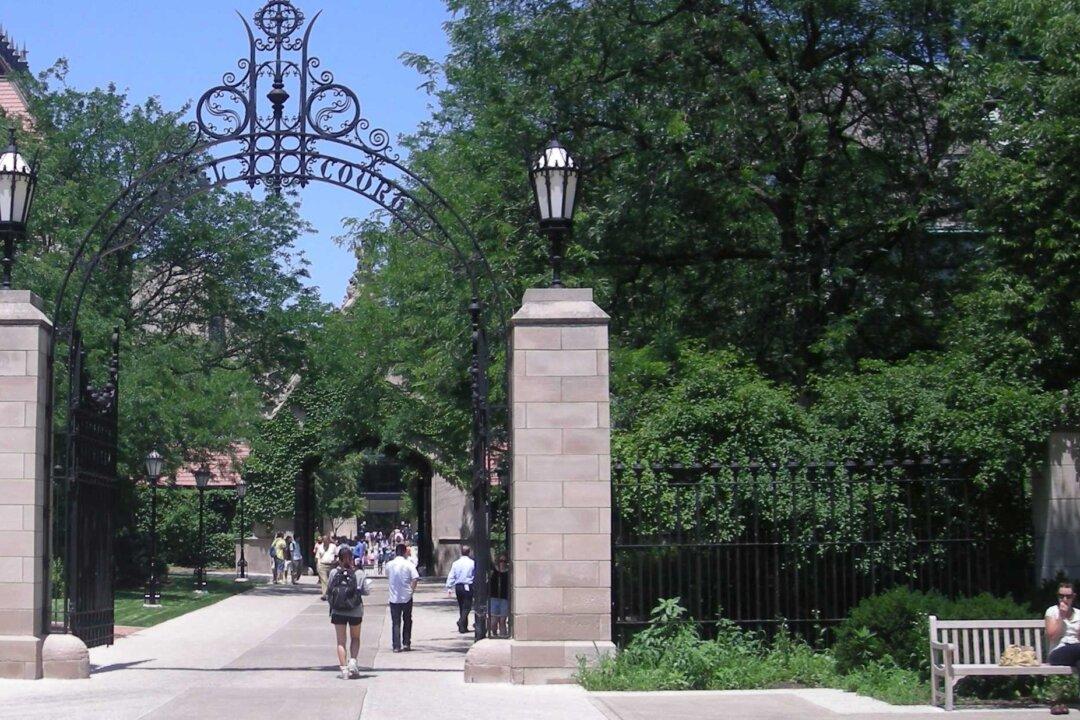Commentary
The original ideal of literary study was that it was set apart from the immediacy of politics, exploring perennial questions of meaning, beauty, and goodness.

The original ideal of literary study was that it was set apart from the immediacy of politics, exploring perennial questions of meaning, beauty, and goodness.